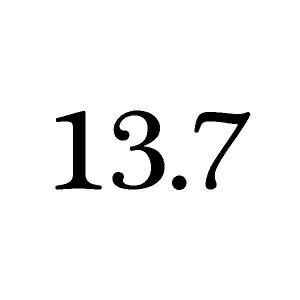[Editor’s note: This post relies on the 16th edition of CMOS, which is no longer supported.]

13.7 Permissible Changes to Quotations
A good rule of thumb is that changes to quotations are not permitted, period. So much is at stake when we present the words of someone else, whether spoken or written, and responsibility lies with the quoter to render what was said accurately and in a fair context. The actual wording of the quotation must be reproduced exactly.
Yet CMOS 13.7 lists half a dozen things that are OK to change when quoting.
Why allow any changes at all? It boils down to readability and aesthetics in matters that don’t affect the accuracy of the quotation.
Original: Fred said Ethel was the one who yelled “Ouch!”
Quotation: The sentence “Fred said Ethel was the one who yelled ‘Ouch!’” refers to the Mertzes on I Love Lucy.
♦ Quotations are traditionally merged into the surrounding text by means of two permissible changes: the first word of the quotation may be uppercased or lowercased in order to fit smoothly into the containing sentence, and the ending punctuation may be changed to a period or comma or omitted in order to allow the containing sentence to end or continue regardless of the quotation.
Original: It boils down to readability and aesthetics.
Quotation A: The post said that “it boils down to readability and aesthetics.”
Quotation B: The post said, “It boils down to readability and aesthetics,” and I agree.
♦ For readability, insignificant typos and misspellings may be corrected without comment. When an error is relevant to the discussion—and only then—use [sic] to tell the reader that the error was in the original, not introduced by you.
Original: I hate when poeple misspell stuff.
Quotation: I hate when poeple [sic] misspell stuff.
Quotation B: “Fred said Ethel2 yelled ‘Ouch!’”
______
- Like this example.
- Referring to Fred and Ethel Mertz from the television show I Love Lucy.
What’s not OK to change
Typography is one thing; house style is another. For a writer or editor to copyedit a quotation in order to make it “consistent” with the rest of the document or with other quotations is editorial heresy. Spelling, punctuation (other than the styling mentioned above), capitalization, and emphasis should be preserved, or the changes should be acknowledged in a note.
[NB: Transcriptions of spoken interviews or discussions have a different set of rules; please see CMOS 13.46.]Please see our commenting policy.


